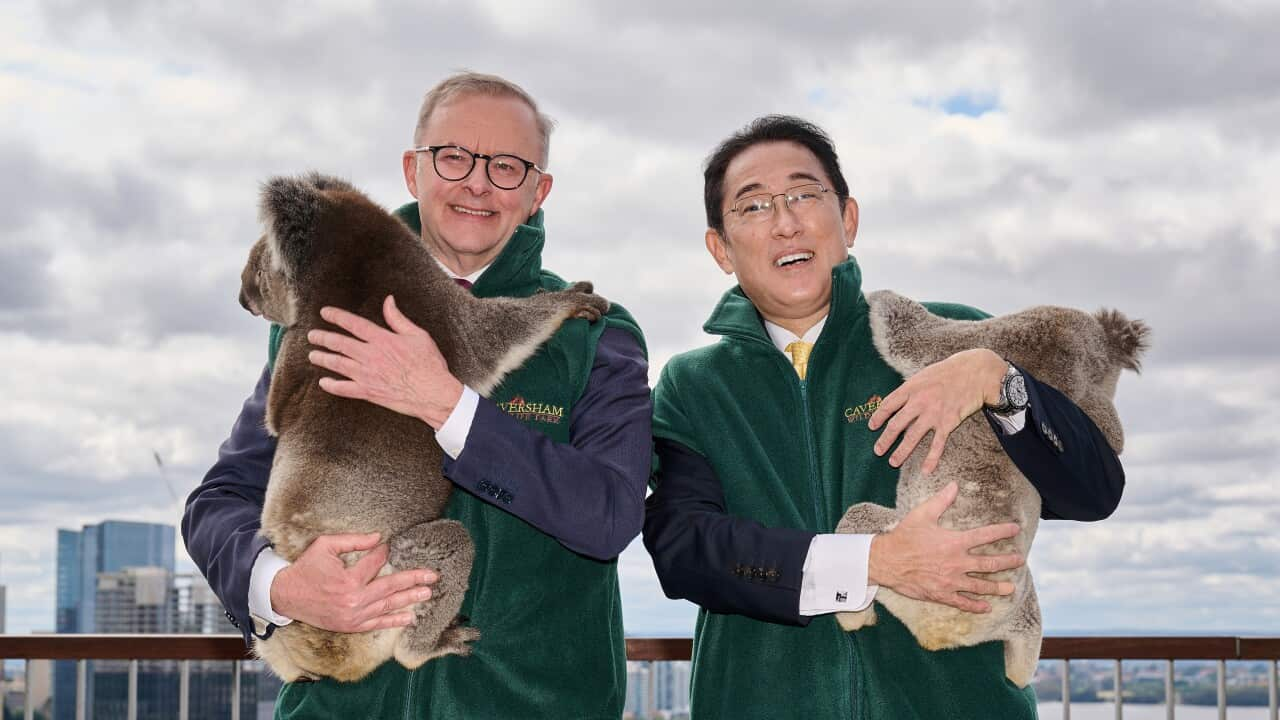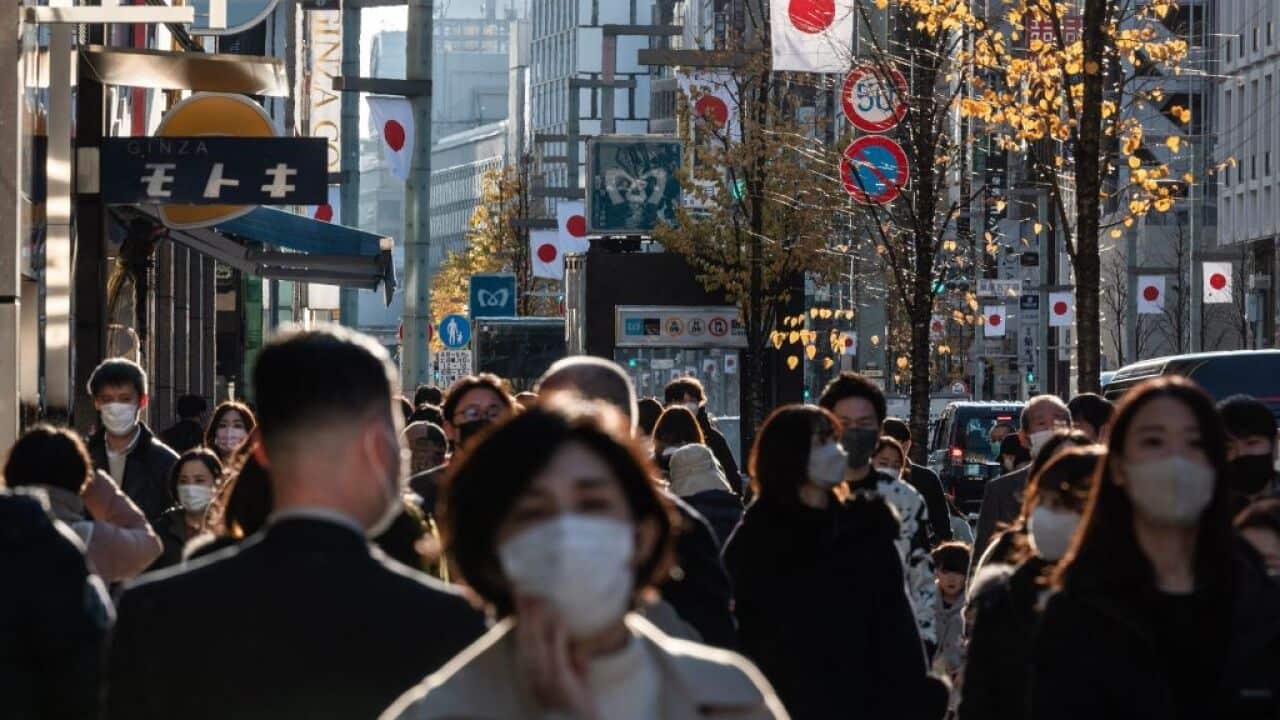Key Points
- Japan's ruling Liberal Democratic Party is due to hold an internal leadership contest in September.
- Fumio Kishida will step down as Japanese prime minister next month.
- Kishida's popularity ratings have slumped due to scandals and rising prices.
Japanese Prime Minister Fumio Kishida said he will step down in September, ending a three-year term amid low approval ratings and a series of political scandals.
"I will continue to do everything I can as prime minister until the end of my term in September," Kishida said in a televised press conference on Wednesday to announce his decision not to seek re-election as Liberal Democratic Party (LDP) leader.
What happens now?
Kishida, 67, has been in office since October 2021. His party's poll ratings have dropped in response to rising prices hitting Japanese incomes.
His decision to quit triggers a contest to replace him as party boss, and by extension as the leader of the world's fourth-biggest economy.
Kishida's public support eroded amid revelations about the party's ties to the controversial Unification Church, and more recently, unrecorded political donations made at LDP fundraising parties.
Michael Cucek, a professor specialising in Japanese politics at Temple University in Tokyo, said: "He’s been a dead man walking for quite some time."
"There was no way to add up the numbers so that he would get reelected," he said.
The successor the LDP chooses will have to unite a fractious ruling group and tackle likely further increases in living costs, escalating geopolitical tensions with China, and the potential return of Donald Trump as US president next year.
Career wins and losses
As the country's eighth-longest serving post-war leader, Kishida led Japan out of the COVID pandemic with massive stimulus spending.
But he later appointed Kazuo Ueda, an academic tasked with ending his predecessor’s radical monetary stimulus, to head the Bank of Japan (BOJ).
The BOJ in July unexpectedly raised interest rates as inflation took hold, contributing to stock market instability and sending the yen sharply lower.
Under Kishida, Japan pledged to double its defence spending to the NATO standard of two per cent of GDP by 2027.
This marked a turn from decades of strict pacifism, encouraged by the United States as both .
US President Joe Biden hosted Kishida at the White House in April when the two countries announced a "new era" in cooperation.
In July, Japan and the Philippines signed a defence pact allowing for the deployment of troops in each other's territory.
According to Shoki Omori, chief Japan desk strategist at Mizuho Securities in Tokyo, Kishida's departure could mean tighter fiscal and monetary conditions depending on the next candidate.
"In short, risk assets, particularly equities, will likely be hit the most," he said.
In another break from the past, Kishida also eschewed corporate profit-driven trickle-down economics in favour of policies aimed at boosting household incomes, including wage hikes and promoting share ownership.












